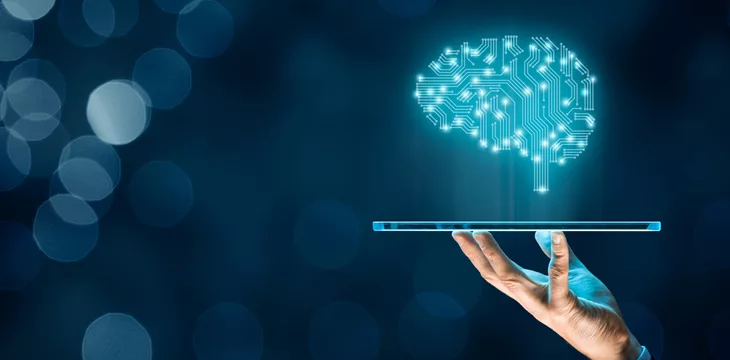|
Getting your Trinity Audio player ready...
|
As artificial intelligence (AI) concerns continue to take center stage, a new report targeted explicitly at computer science experts has offered new insights for regulating AI in the U.S.
The report is a joint study conducted by the Axios, Generation Lab, and Syracuse University trio. It surveyed over 200 computer science professors across leading universities in the country on several AI and machine learning issues.
In terms of regulation, the bulk of respondents threw their weight behind creating a fresh AI agency to control the activities of industry players. 22% of respondents took the international route for regulation, pushing for establishing a global organization or a treaty to regulate AI.
Only 16% of surveyed professors backed Congress to be the leading regulatory body for AI, with 4% tipping the White House. A fraction of respondents argue that AI should not be regulated, while 14% of respondents pointed out that AI cannot be regulated.
Apart from the question about AI regulation, the report probed the impact of AI on the future of work. Virtually all respondents agree that AI will trigger seismic changes in the labor market, with some roles facing dire risks of elimination due to the rise of generative AI.
The university professors say that roles in media and communication, business management and administration, and entertainment are more likely to bear the brunt of AI’s rise to the mainstream.
More than half of respondents advised young persons to pursue a career in AI, software engineering, data science, or healthcare.
When quizzed on the question of AI superintelligence, 35% stated that AI is likely to evolve to a level “after which humans cannot take back control.” 41% of respondents downplayed the possibility of AI becoming uncontrollable, with 6% stating that superintelligence for AI is on the horizon.
The report bears similarity to other AI polls conducted to predict the impact of AI on the economy. While the reports confirm the addition of trillions of dollars to the global economy, an IBM report warned that 40% of the workforce, amounting to over 1 billion individuals, will require retraining to avoid being replaced by AI systems.
Attempts at AI regulation
The rise of innovative technologies has always heated up extensive debates on the best route for regulation. With AI, several solutions have been offered, including an international outlook on the seemingly borderless nature of the technology.
The U.K. is a leading proponent of an international regulatory framework, famously nursing plans for a global AI summit in November. Aware of the threat if the technology is allowed to be regulated in silos, the United Nations (UN) and the European Union (EU) are also adopting a multilateral approach toward AI.
In order for artificial intelligence (AI) to work right within the law and thrive in the face of growing challenges, it needs to integrate an enterprise blockchain system that ensures data input quality and ownership—allowing it to keep data safe while also guaranteeing the immutability of data. Check out CoinGeek’s coverage on this emerging tech to learn more why Enterprise blockchain will be the backbone of AI.
Watch: Understanding the dynamics of blockchain & AI

 07-15-2025
07-15-2025 





